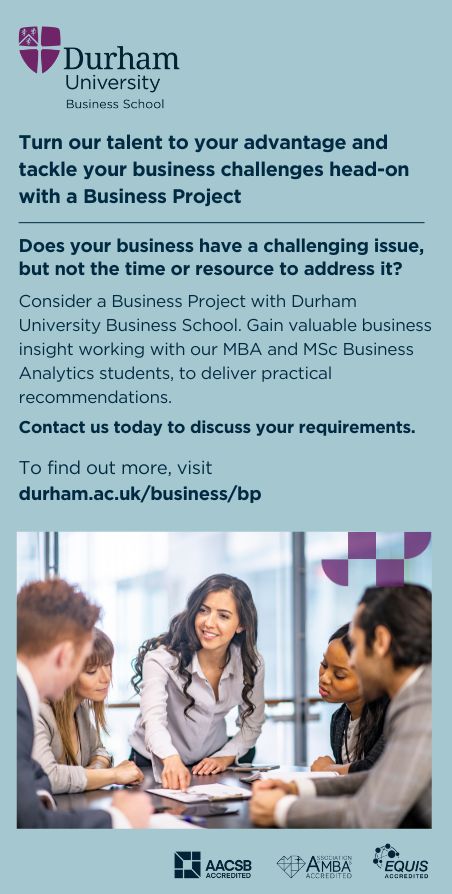While some people refer to returning to a 'sense of normality' after the last couple of years, education does not stand still.
Indeed, the Newcastle Royal Grammar School has a long history stretching nearly 500 years, in which time much has evolved and there are many changes that schools are currently grappling with. For example, we learned a lot about education technology over the last couple of years that we are taking forward in how we educate our pupils and AI, as illustrated by ChatGPT, has huge potential to further revolutionise both teaching and learning.
Separately, the Prime Minister has announced his intent that all students up to the age of 18 should study maths and, in parallel, we have the leader of the opposition stating the Labour Party’s commitment to introducing VAT on independent schooling. While we may have different views about the costs and benefits of each of these two policies, in both cases they have been proposed with the aim of making a positive difference for young people. Despite all the good intention, however, there are inherent difficulties with both.
As far as all students taking Maths to 18 is concerned, even if the UK had enough teachers to implement the policy, which we don’t, how is this policy going to be made accessible? Maths is a cumulative subject in which proficiency is built up over time so targeting the policy at post 16 education does not address the underlying issue. Imagine lamenting the piano playing skills of 18 year olds and then solving this by introducing grade 5 piano lessons for all 16 year olds! The real issue that the Prime Minister needs to address is the quality of maths learning pre-16. At the RGS, much of the partnership work carried out by both our dedicated Maths partnership teacher and our Director of Partnerships (himself previously Head of Maths at the RGS) is targeted at this issue, not only working with young people directly but also helping upskill non specialist teachers in local State schools.
Meanwhile, the proposed Labour policy to charge VAT on private school fees may be seen as an easy win to tax ‘the rich’ to distribute to ‘the poor’. However, this policy also has significant complexities and very likely unintended consequences, from which everyone loses. It would make independent education even more unaffordable and would eventually lead to the closure of hundreds of independent schools, displacing those children into the State system and placing a greater burden on the public purse. It would also limit the lifechanging bursary and partnership programmes delivered by schools like the RGS and, ultimately, lead to a levelling down from which no one benefits.
At the RGS, we consciously target our bursary funds of c.£1.2 million a year to be transformational for families with the brightest children from the most challenging circumstances. With the addition of VAT, the funds we could raise would diminish and the number of bursary students we could support would fall.
Our partnership work is a daily reminder of the phenomenal teachers and schools we have in the North East but they are facing a perfect storm of rising costs, teacher shortages, and significantly increased pastoral needs. With an additional VAT burden on independent schools, RGS partnership work would also be at risk and our ability to support the State system would be curtailed when it is needed the most. Some might say that the abolition of all independent schools should be the ultimate goal but evidence also shows us that those who can, will buy more expensive homes closer to the best performing State schools, pushing out those families who can no longer afford to live in a coveted catchment area. We would end up with a selective system anyway at the cost of the public purse. Perhaps we ought to reframe the conversation and ask how we make all State schools excellent for all young people, before we consider squeezing the lower earners out of the opportunity for high quality Independent education.

